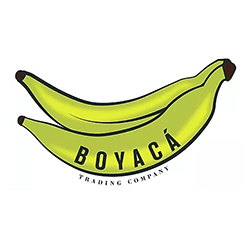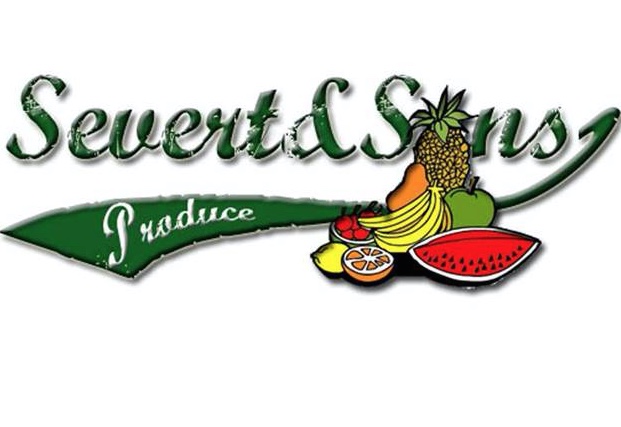You've noticed nice growth of organic fruits and vegetables in your stores.
Now that summer is here, you think about offering some organic melons to your summer mix. Is that a good strategy?
It's unlikely.
Cantaloupes and watermelons are not big organic sellers, if you can even find them.
And while cherries have a booming month or two during their season, organic cherries are not a big part of their set.
According to retail scan data from IRI/FreshLook Marketing, organic cherries only make up about 1.5% of the nearly billion-dollar retail market.
But berries are big organic sellers, led by strawberries, making up more than 10% of the overall $2.7 billion retail market, according to IRI/FreshLook.
The Packer's annual Organic Produce Market Guide comes out in June, and among its features is a look at retail scan data for more
than 50 fruits and vegetables, so you have a better perspective on what organic items sell and which flatter to deceive.

The big organic sellers are what many would expect: apples, bananas, carrots, salads, spinach and berries.
These each represent more than $300 million in organic retail sales in 2017.
But it should be helpful to know which items don't sell much organically, so retailers have a more realistic set of expectations.
Watermelons sold about $1.5 billion worth in retail last year, but only about $5 million, or 0.4%, was organic.
With cantaloupes, of the $650 million sold last year, only about $4 million was organic, or 0.6%.
When consumers ask where all the organic sweet corn is, you can tell them it's hard to find and not a big seller (only 0.5% of the $580 million sold last year was organic).
Point those organic consumers toward the apples, berries and other vegetables.















